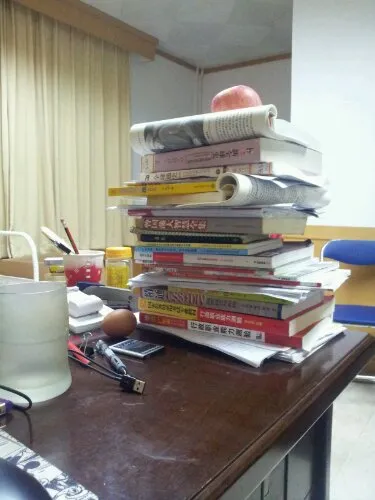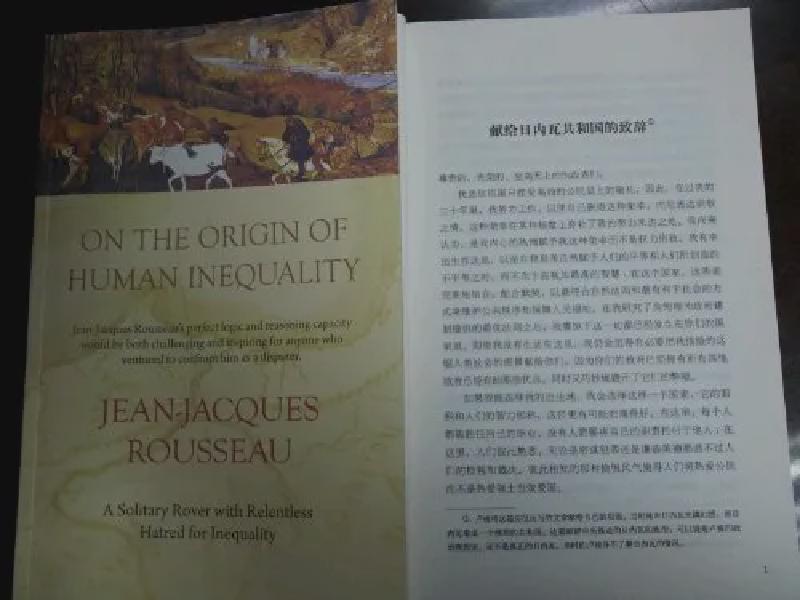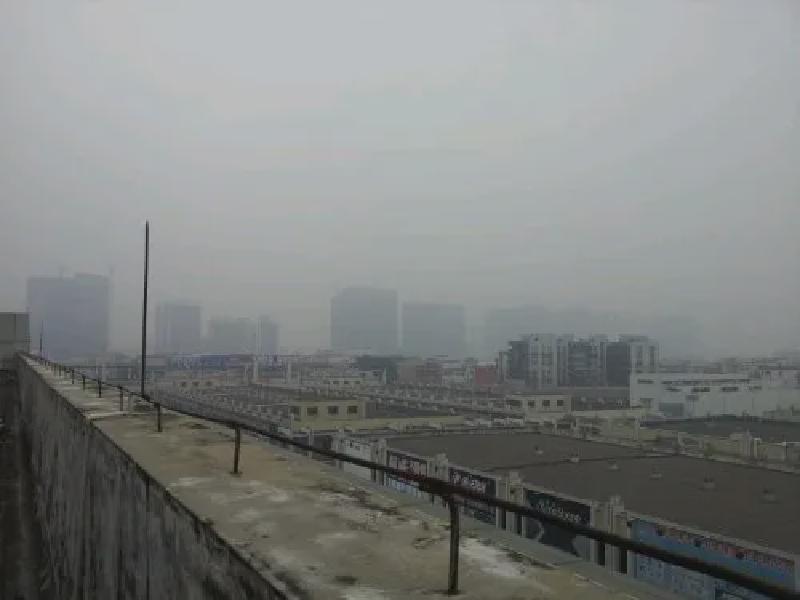The first time I encountered CS was 10 years ago, during a summer at my cousin’s house. Watching him with his glasses on, staring at a 15-inch CRT monitor, navigating through the pipes of de_prodigy while battling bots, I thought the game was pretty cool. After that, I found ways to play it at internet cafes, and it became an addiction.
I started playing CS extensively around 2004 and 2005, during my second and third years of high school. I often snuck out with classmates to play LAN games at internet cafes all night. Later, in college, with no academic pressure to speak of, I played even more. After graduation, during my leisure time at work, the habit continued.
Attempting to read it again with a bilingual approach. The last time I read this book was during my freshman year at the veterinary college, I believe. Unsurprisingly, like many other books, I remember nothing about its content except for the title.
Recent life updates:
1. After more than half a year of deliberation, I finally ditched my BlackBerry and switched to the Galaxy Note.
The dilemma on the right occurred when choosing a new phone model. I had always intended to stick with BlackBerry, so the 9780, 9810, and 9900 were all in consideration. Ultimately, I somewhat settled on the 9780 (second from the right). However, endless network disconnections, a lack of apps, and a small screen were major factors that deterred me from continuing with BlackBerry.
The piles of books on my desk and by my bedside are growing thicker, and my cultural debt is mounting. I only completed 9% of my 2011 reading plan, and I’m not sure how much I’ll achieve in 2012. My pace with physical books is decent, but e-books are much more taxing. It’s the weekend again, so I’ll start by tackling “The Great River.”

The most painful and confusing thing in the world is when you want to do something, only to realize that there’s another similar thing you haven’t done yet; the former is something you love, while the latter is something life forces upon you. Which one should you choose?
After holding onto my BlackBerry for five years, it finally became a thing of the past as the 8900’s casing was too battered to look at.
Undoubtedly, BlackBerry, as a tool to enhance work and life efficiency, has its unique charm and strengths. These factors were also significant reasons that held me back from switching phones, such as the physical keyboard, shortcut keys, and battery life. As a once die-hard BlackBerry fan, I had a high dependency on these iconic features, much like how I once thought I could never get used to laptops without a trackpoint. When I first considered changing phones, I still looked towards the traditional physical keyboard domain, but found little. Under the influence of Steve Jobs, the world has largely abandoned physical keyboards.
Alright, I’m behind the times, just found out that a mouse can be directly plugged into a phone… So, how do you project the phone’s display content onto a monitor?
Today’s air quality in Foshan… It can rival that of the Magic City.
Typing on Android is such a pain and frustration; BlackBerry is at least five times better than this. Not to mention the feel, just the process of selecting characters is enough to drive you crazy. Misoperations are almost unavoidable, and while English typos can be automatically corrected, for Chinese, it’s just deldeldeldel.
 

Total Posts: 352, Total Words: 485907.









